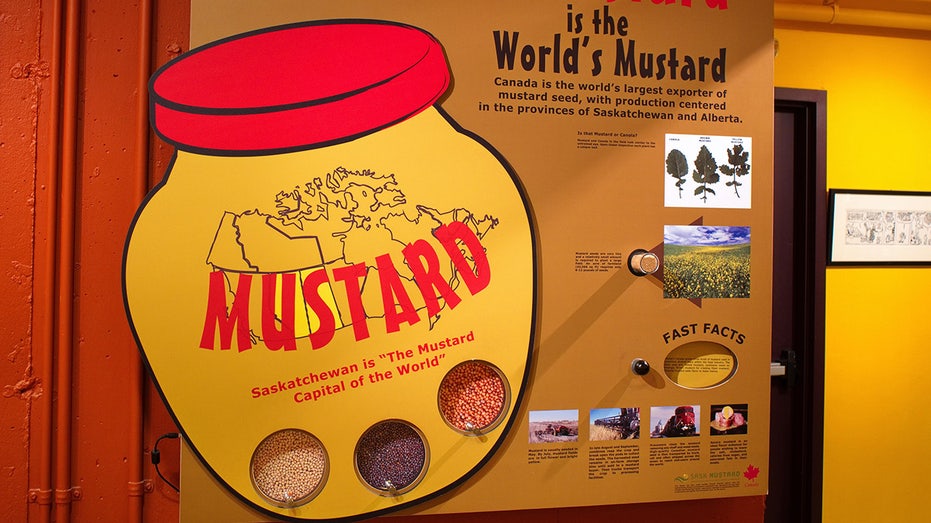Are we living through the end times? Dorian Lynskey interrogates our insatiable appetite for doom – and asks why each generation is so drawn to the idea that they will be the last
It is a sunny afternoon in Taormina, Sicily, and two wealthy couples on holiday are drinking Aperol spritz on a balcony overlooking the sea. Harper, who runs on anxiety and guilt, says she has trouble sleeping because of “everything that’s going on in the world”. Daphne, who runs on pleasure and denial, asks what she means. “Oh, I don’t know,” says Harper. “Just, like, the end of the world.” Daphne laughs. “Oh no, Harper! The world’s not ending, it’s not that bad.” She doesn’t follow the news any more. “And even if it was as bad as they say it is, I mean what can you really do, you know?” Harper and Daphne are sitting on the same beautiful hotel balcony, drinking the same expensive drinks, but only one of them is tormented by the sense that we are all doomed. “It’s like we’re all entertaining each other while the world burns,” says Harper.
This is a scene from season two of the HBO series The White Lotus, starring Aubrey Plaza as Harper and Meghann Fahy as Daphne. The show leaves open the question of whether Harper’s position is a morally responsible reaction to vast and dangerous problems or a yelp of impotent despair. “Such convictions in the mouths of safe, comfortable people playing at crisis, alienation, apocalypse and desperation, make me sick,” complains the protagonist of Saul Bellow’s 1964 novel Herzog. “We must get it out of our heads that this is a doomed time, that we are waiting for the end, and the rest of it … Things are grim enough without these shivery games … We love apocalypses too much.”





